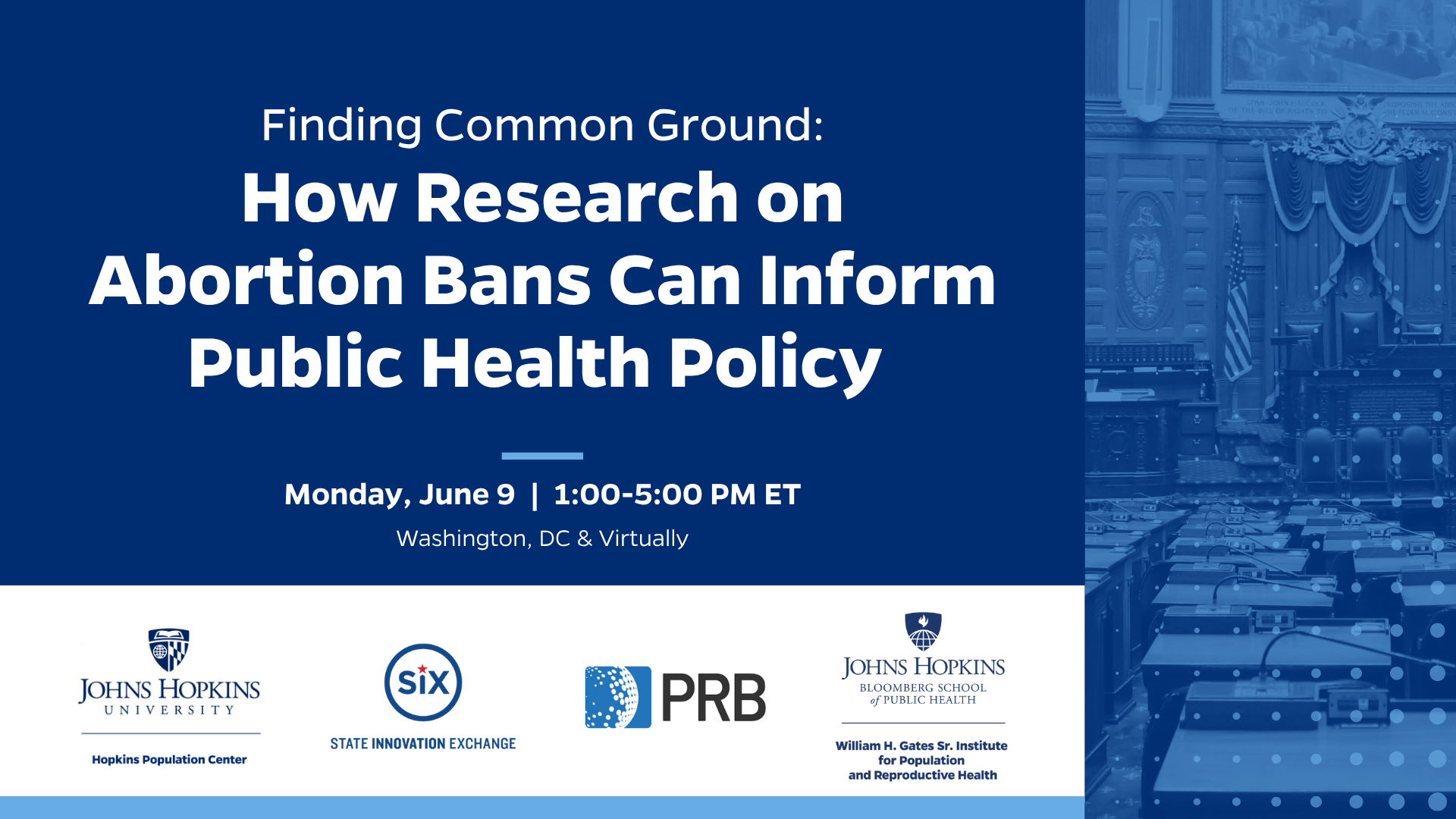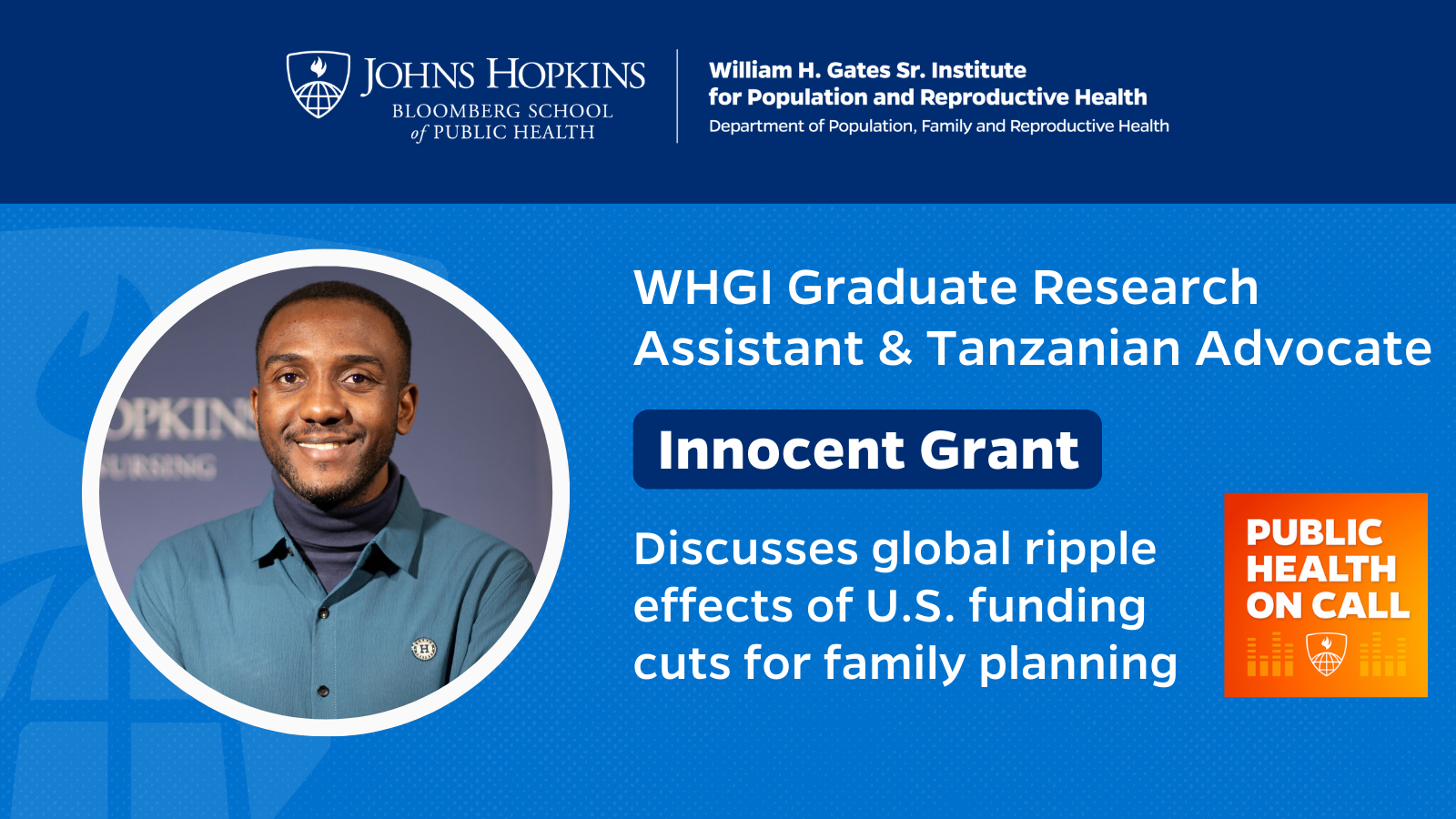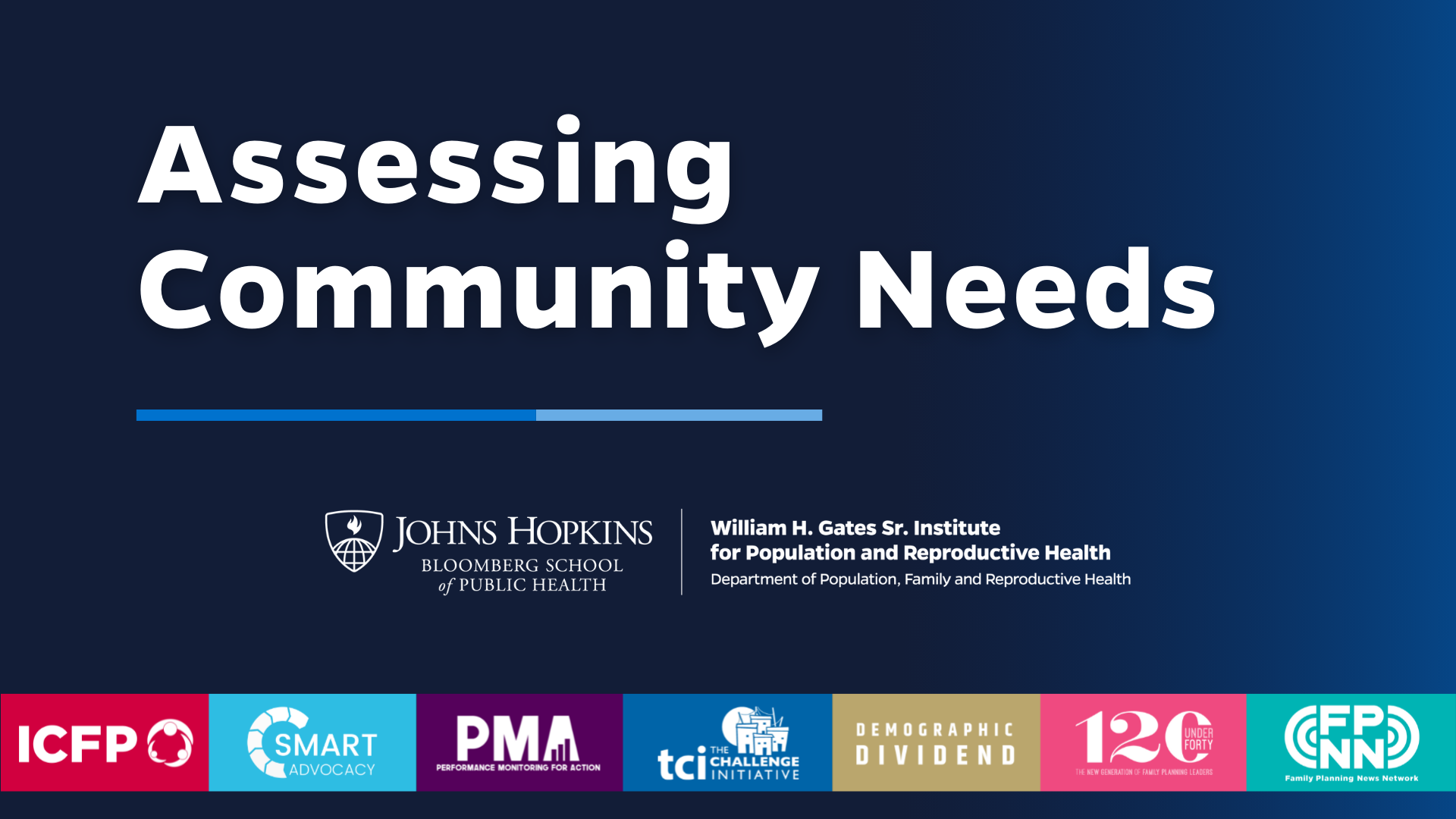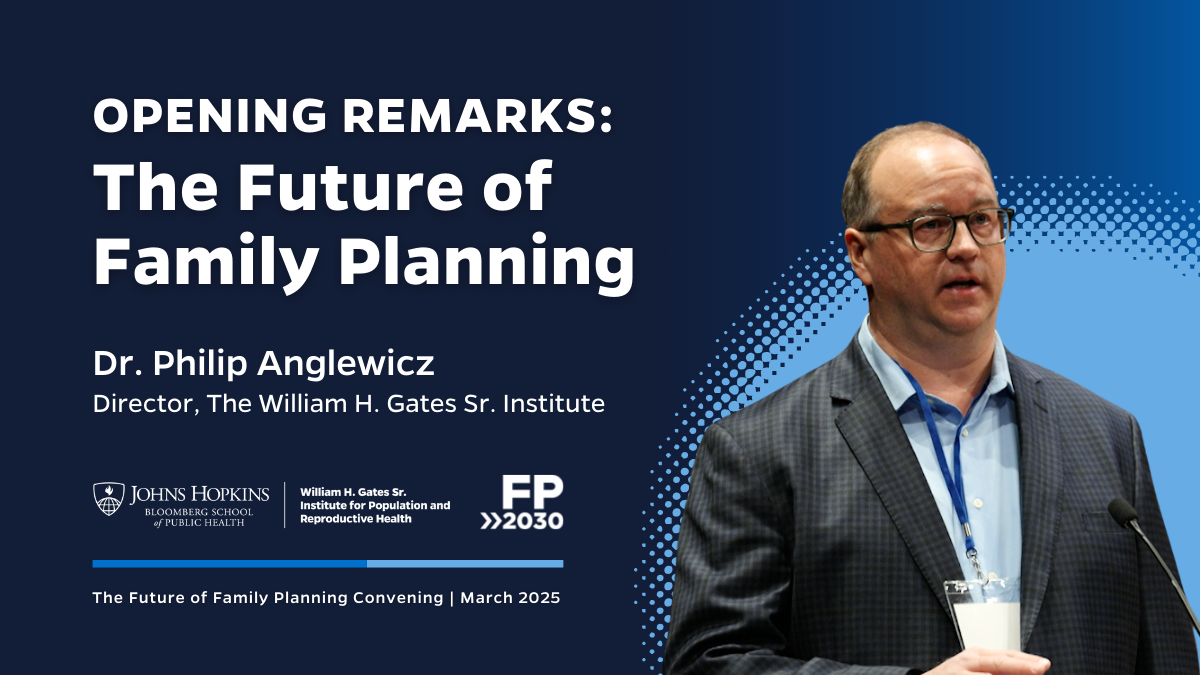Engaging Male Partners in Tanzania Unlocks the Potential of Postpartum Family Planning Services
Healthcare worker with Mr. Deus Pairot and Ms. Josephina Ng’omagu with their newborn twins.
Postpartum Family Planning (PPFP) has been a neglected high-impact intervention in family planning services in Tanzania. Among Tanzanian women within two years postpartum, 61% have an unmet need for family planning, 31% are using a family planning method, and only 7% of women desire another pregnancy within two years (Tanzania Demographic and Health Survey, 2010).
Traditionally, men are not engaged in family planning services, which has led to poor outcomes and sometimes conflict among couples. Ukerewe District Council in Tanzania has been on the frontline of promoting male engagement in reproductive, maternal, newborn and child health services, family planning. Men are encouraged to attend antenatal care (ANC) clinics for preventive healthcare.
Josephina Ng’omagu, 36 years-old, and her 41-year-old husband, Deus Pairot, recently attended Bwisya Health Center – a facility supported by The Challenge Initiative (TCI) – to deliver their twins. Josephina and Deus live in Bukaima village, Bwisya Ward (Ukerewe District) where they depend on subsistence farming. They have 11 children, including the twins that were born in May 2021. Neither Josephina nor Deus had ever practiced family planning or used any modern contraceptives in their lives. Josephina said:
I heard there are family planning methods, but I never used any out of fear on what will happen since we had less information. I wanted to stop giving birth when I had my eighth child, but I didn’t know how to do it.”
One of the health providers at Bwisya Health Center heard about Josephina and Deus’ dilemma while attending to Josephina in the labor ward. The health provider had been trained and coached by TCI on PPFP. She provided counseling and information on available family planning methods to the couple. The information helped curb myths and misconceptions, which had created fear among this couple for so long. With all the information at hand, Josephina and her husband decided that the intrauterine contraceptive device (IUCD) would be the right choice for them. Josephina shared:
I decided to use IUCD and later will go for permanent contraception method. Thank you for the relevant information on the method. My goal at the moment is to focus on the already available children. Am not looking forward to having another child at the moment. IUCD is a long-term method, and it fits my reproductive goals.”
Deus share what he sees as the benefits of family planning and encourages men to get involved in health service provision:
After our eighth child, my wife had two miscarriages, which were not good at all. The birth of twins, which we did not expect, I think she needs a rest from all this but the best way was to use family planning methods. We decided together and as a family; we’re happy with the choice we made. So far, we have not had any problems since my wife started using such a method. Men should continue to be involved in health service provision since its good for both parties to consent on the service which will be provided.”
Through TCI support, clients like Josephina and Deus can now access quality family planning services.
Recent News
In Their Own Words: The Impact of Coaching in Firozabad, a Newly Graduated City in India
TCI Philippines’ Hub Reflects on A Year of Efforts to Reduce Teen Pregnancies
TCI Support Helps Ouagadougou’s Poor Urban Settlements Benefit from Family Planning Services
Pakistan’s President Attends Formal Islamabad Launch of TCI’s Sixth Hub








